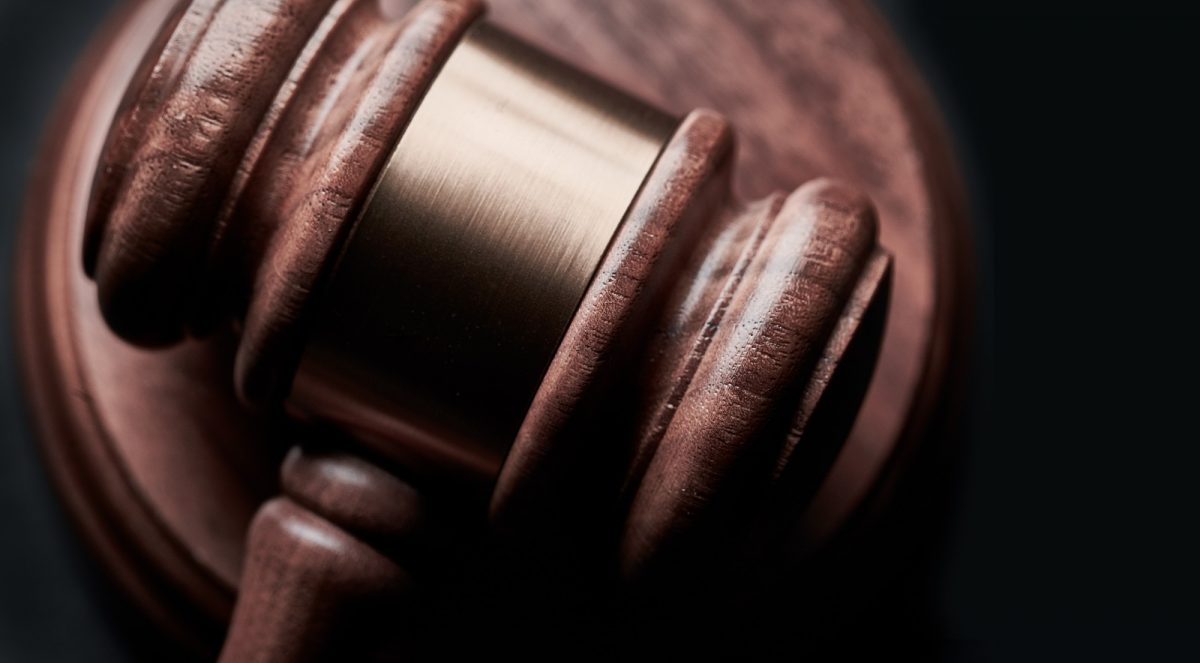We have recently gone over the test for attorney’s fees in copyright infringement cases. As a refresher, under 17 U.S. Code § 505 the prevailing party in a copyright infringement case may be entitled to an award of its reasonable attorney’s fees, and the court will look at relevant factors such as: (1) whether the claim was frivolous; (2) the party’s motivation; (3) the claim’s objective unreasonableness; and (4) whether the circumstances present a particular need to advance considerations of compensation and deterrence.
A recent case out of the District of Colorado provides some additional information surrounding the attorney’s fees inquiry in a copyright case. In that matter, Altigen Communications, Inc. v. CTI Communications, LLC, et al., the defendants moved for an award of attorney’s fees in the amount of $89,248.50.
The court found that the plaintiff’s copyright claim was groundless and that an award of reasonable attorney’s fees to the defendants was appropriate as compensation and also to deter others from pursuing objectively unreasonable copyright claims. The court discounted the amount in attorney’s fees requested as relief by the defendants, but still granted a considerable amount of the request.
Plaintiff’s objections to the amount fell within two categories: (1) a small amount related to the defendants’ inability to obtain attorney-client privileged information; and (2) roughly $15,000 in fees associated with the defendants’ unsuccessful motion for summary judgment.
On the first category, the court noted that discovery disputes are common in civil litigation, and the mere fact that the defendants may not have been successful in the dispute related to obtaining attorney-client privileged information does not mean that the effort was unreasonable. Thus, reimbursement of these fees remained in play.
However, the court agreed with the plaintiff that the defendants should not be reimbursed their attorney’s fees incurred in connection with their unsuccessful motion for summary judgment.
“That is not to say that such fees should never be awarded,” said the court. “However, in denying the motion for summary judgment, the Court listed ten different fact disputes that it found to be material and genuine. Summary judgment motions should not be a routine or ‘just because we can’ occurrence. They contribute significantly to the costs incurred by both parties and Court time. In this instance a summary judgment motion had essentially no chance of prevailing. Both because it would be unfair to make plaintiff pay defendants’ fees for pursuing a non-meritorious motion for summary judgment and as an example to others, the Court declines to award those fees.” (Emphasis added).
The important takeaway here is that legal counsel and their clients should be cautious about their strategy in litigation, even if they are of the belief that they have a rock-solid case and will be awarded reimbursement of attorney’s fees and costs. As demonstrated by the court’s order, while attorney’s fees are likely to be awarded when the opposition has a groundless case, that does not mean that every action in the litigation is subject to a reimbursement. Here, the court determined that the defendants had no cause for bringing their motion for summary judgment, as it “had essentially no chance of prevailing.” As such, the time spent attached to the motion ended up being a sunk cost for the defendants.

